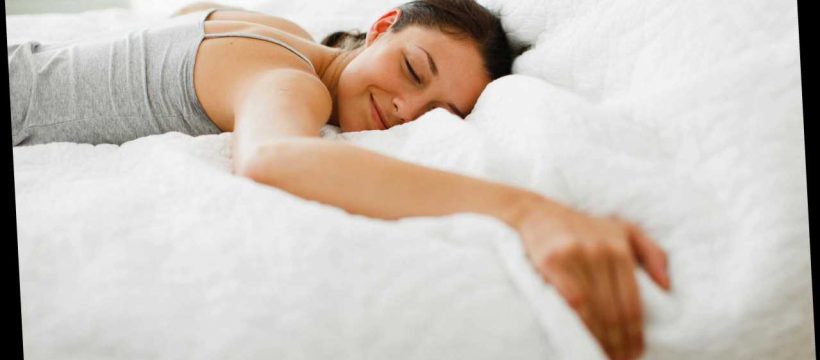MANY people wish that losing weight was as simple as doing it in your sleep…well, it turns out you can.
A top sleep expert has revealed that the key to shedding those pesky pounds is merely getting an extra hour of zzzzzs every night.
In particular, Dr Michael Mosley believes that getting too little sleep alters our metabolism so our bodies cannot process food as effectively.
The Fast 800 author says it's all down to two "hunger hormones"- ghrelin and leptin.
Ghrelin is released after the brain signals the stomach is empty, while leptin is released from fat cells to suppress hunger – and tell the brain it's full.
But, when you don't get enough kip, the body makes more ghrelin and less leptin – leaving you hungry and increasing your appetite.
Hunger hormones
A recent study revealed just how much these hormones are impacted by how much sleep you get.
Researchers at the University of Chicago monitored hormonal levels and appetite in a group of 11 subjects during two six-day periods.
During the first six days, the volunteers received four hours of sleep during the night.
And during the second six days, they were allowed to sleep for twelve hours.
Tests showed that sleep-deprived volunteers had 18 per cent lower leptin levels and 28 per cent higher ghrelin, associated with a 24 per cent increase in self-reported hunger and a 23 per cent increase in self-reported appetite.
Processing sugar
There was an overall increased preference for sweet, salty and starchy foods, with a 45 per cent increase in salty food preference.
On top of this, Dr Mosley also points out that the stress hormone cortisol, which is said to increase appetite, is also higher when you do not get a good sleep.
This theory is based on research from Toyama University in Japan.
There, researchers linked sleep deprivation in children with changes in the way the body processes sugar.
In the study of six-and seven-year-olds, children who slept nine to ten hours a night were compared with those who only slept eight to nine hours.
The best snacks to eat before bed to aid weight loss
- Popcorn – it's conveniently low-calories, at around 122 calories for a 30g portion.
- Cheese – forget the myth, you can eat dairy before bed. Nutritionists have revealed it contains something called trytophan, which is like a sleep-inducing nutrient.
- Baby carrots – as well as helping us see in the dark, carrots are now being touted as a perfect bedtime snack. They contain alpha-carotene which is believed to have a positive impact on sleep.
- Greek yoghurt – yogurt is an excellent source of calcium, which has been linked to improved sleep when eaten before bed.
- Crackers with hummus – as well as being nutritious, it's also said to help aid sleep as it also contains tryrtophan.
The latter group was almost twice as likely to be overweight.
Children sleeping less than eight hours a night were almost three times as likely to be overweight.
Similarly, Karen Collins of the American Institute for Cancer Research, also emphasises that getting enough shut eye helps blitz body fat.
She claims that late nights mean we snack more, and exercise less.
She says: “We all know that when we’re tired, we reach for food first of all as a comfort thing.
"It now seems there is a biological basis for this, which we haven’t seen before.”
Being well-rested also means you'll have more energy and be able to put maximum effort into your workout.
In contrast those who have had a lack of sleep are more likely to get tired earlier.
A study done on 15 men, published in the American Journal of Clinical Nutrition, found that when participants were sleep-deprived, the amount and intensity of their physical activity decreased.
Source: Read Full Article

